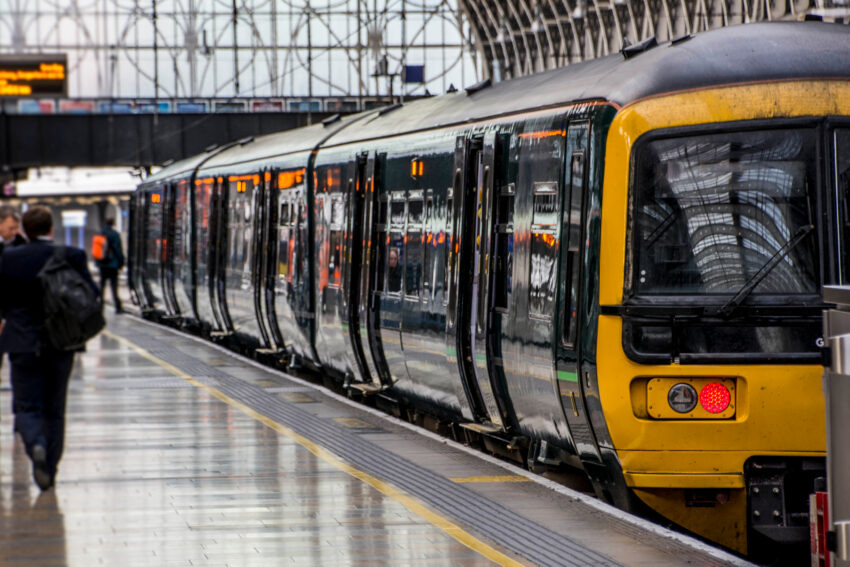Business
Labor wants to renationalise most rail services within five years

Labor has announced its intention, if elected, to renationalise most passenger rail services within five years, with the aim of bringing them under public control once contracts expire.
Despite this move towards nationalization, the party maintains that there will still be a place for the private sector in the rail sector.
Labor’s rail commitments include pledges to provide automatic refunds for train delays, improve internet connections on trains and introduce a ‘best price ticket guarantee’ to ensure passengers pay the lowest possible fare when using contactless payment methods.
However, Rail Minister Huw Merriman has criticized Labour’s plans, describing them as “pointless” and “unfunded”, highlighting concerns about the potential for tax increases to fund rail nationalisation.
Although Labor’s proposal does not explicitly use the term ‘nationalisation’, it essentially means bringing rail passenger services back under public ownership. Private railway companies, responsible for overseeing an increase in rail use since the British Rail era, have faced criticism over issues such as fares and reliability.
Shadow transport secretary Louise Haigh stressed that Labor is not driven by ideology and recognizes the value that private companies can provide. However, she argued that the current system is flawed, leading to delays and overcrowding, making reforms necessary.
In addition to the nationalization promise, Labor wants to implement reforms such as automatic refunds for delays, improved internet connectivity and a fairer ticketing system. Haigh clarified that while the best-price ticket guarantee does not have to lead to lower prices, it will increase transparency and clarity for passengers.
Labour’s position on rail policy underlines its commitment to addressing perceived shortcomings in the current system while striking a balance between public and private sector involvement in the rail sector.













